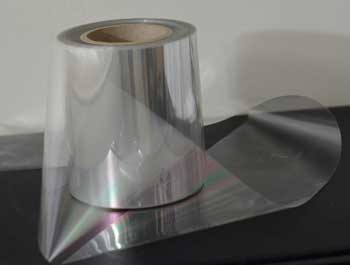
The Purdue team, led by Jeffrey Youngblood, a professor in Purdue’s School of Materials Engineering, created a new manufacturing process using cellulose nanocrystals as advanced barrier coatings for food packaging. CNCs are an alternative renewable raw material derived from abundant resources such as wood and plants. They have properties including nontoxicity, biodegradability, high specific strength, high thermal conductivity and optical transparency, all of which make them excellent components for advanced food packaging. “The challenge for the food packaging industry is to create a recyclable and sustainable barrier material that is low-cost,” Youngblood said. “Our innovation using CNC coatings is transparent, nontoxic and sustainable.” The Purdue manufacturing technique also is scalable since it is a roll-to-roll manufacturing process using waterborne polymer systems. The Purdue technology also offers food packaging manufacturers excellent optical, thermal and mechanical properties to ensure that food remains as fresh as possible when it is delivered to the grocery store for consumers.
(Photo Credits - Nanowerk) : This photo shows nanocellulose-coated PET film. Purdue University researchers created a new manufacturing process using cellulose nanocrystals as advanced barrier coatings for food packaging. (Image: Purdue University)







